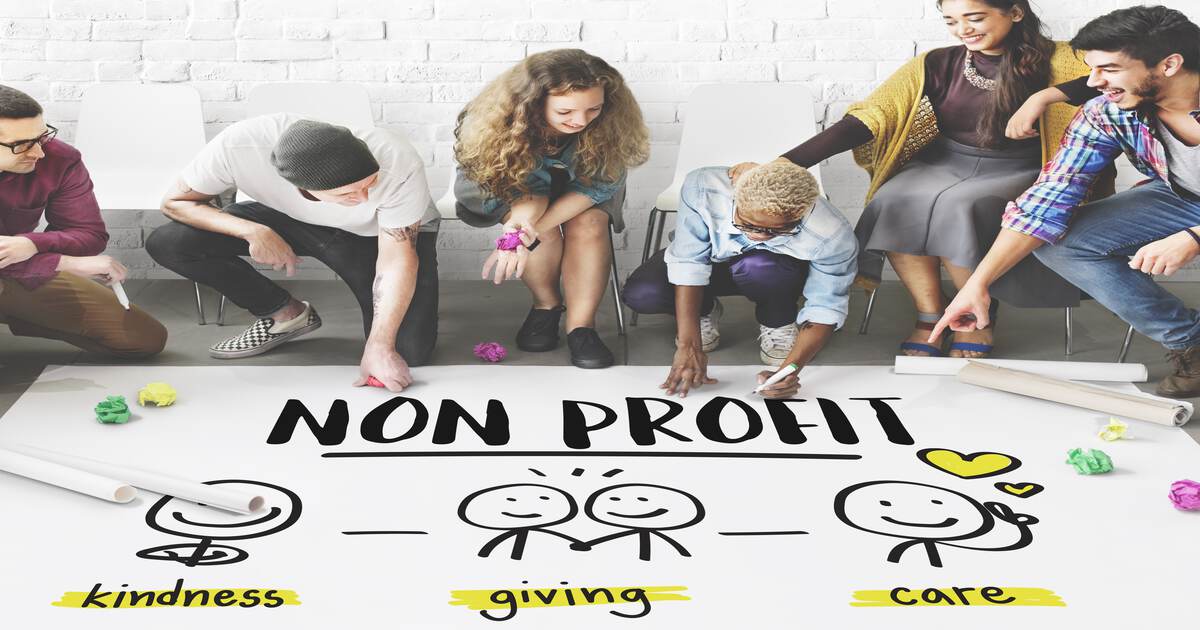
Fundraising, Nonprofit Management
PR Newswire | February 02, 2024
The American Camp Association® (ACA) is honored to announce that Lilly Endowment Inc. has awarded ACA a $45,535,623 grant to support the creation of a new, multiyear initiative to grow, improve, and celebrate character development at camps across the United States.
Character at Camp is an innovative initiative anchored in the belief that summer and year-round camp programs provide an unparalleled opportunity to promote the character development of young people. While camps vary greatly in their mission, size, activities, programming, and location, many are run with an intrinsic focus on youth development and character-building skills and traits. ACA's recent National Camp Impact Study demonstrated that camp experiences support social connectedness among youth and the development of skills and traits such as perseverance, responsibility, and the willingness to try new things. This study also found that these skills and traits last over time. Individuals who attended camp as children demonstrate these skills and traits throughout academic environments and well into their early careers.
For more than a century, character development has been foundational to the camp experience, as each camp distinctively offers a variety of opportunities to develop important character skills and traits. Camps provide young people with experiences in less-distracting settings, often surrounded by nature, that can help support character development through social interactions with peers and counselors, time for reflection and other activities. For example, campers learn responsibility as they help set tables in the dining hall, engage in leadership when guiding groups during hikes, and practice empathy when they support fellow campers who are missing home.
In today's world, the benefits of building character skills and traits such as gratitude, kindness, creativity, curiosity, perseverance, resiliency, empathy, courage, and teamwork could not be more important.
The Character at Camp initiative will be conducted during the next six years. ACA will make available in-person and virtual training opportunities, educational tools, and other resources to camps to strengthen, expand, or establish character development programs at the more than 15,000 year-round and summer camps across the US. As a direct result of this new initiative, ACA will invite camp leaders to participate in educational and peer-learning opportunities, networking, training, other experiences to learn how to help develop character skills and traits at camp. ACA will work with camp professionals, youth-development experts, and others to create new educational resources, training, and assessment tools to provide camps with opportunities to engage in this important initiative.
Starting in 2025, all eligible nonprofit camps will have the opportunity to apply for competitive one-, two-, or three-year grants to support their character development programs. Eligible organizations will be able to apply for funding in amounts ranging from $50,000 to up to $300,000 based on the length of the grant period. Funds may be used for staffing, training, curricula, assessment, communications, and/or outreach and partnership efforts to support camps' specific goals related to character development. The initiative will support a broad range of camps serving young people from varied backgrounds and experiences, including under-resourced and underrepresented youth, as well as provide funding for developing character-based programming that is culturally relevant and values the diverse perspectives of youth and families.
"We are deeply grateful for Lilly Endowment's support of ACA and our shared commitment to support camps across the country with the funding, tools, resources, and education to expand and prioritize character development programs," said Tom Rosenberg, ACA president/CEO. "This Character at Camp initiative recognizes the diverse needs of children and youth. We know camp experiences build a world of belonging and growth, and we're excited to engage camps as they work to strengthen their character development programs."
"Lilly Endowment's founders firmly believed that developing the character of young people was vital to the future of communities and our country, and they supported many efforts to understand how character is formed," said N. Clay Robbins, Lilly Endowment's chairman and CEO. "For decades, well run camps have had a positive impact on the character development of thousands of campers. We believe, with the commitment, leadership, and expertise of ACA, its Character at Camp initiative can meaningfully enhance and expand character development from a variety of perspectives and in a diverse array of young people throughout the nation."
Read More

Financial Management, Philanthropy
PR Newswire | February 01, 2024
TIFIN, a leading AI and innovation platform, today announced its philanthropy platform TIFIN Give has acquired Giving Place, the tech solution for family office giving programs and private foundations. The newly combined company now has increased scale and resources to service families through advisors, the workplace, and family offices. The firm now helps oversee $670 million in philanthropy assets and helped facilitate $40 million in charitable donations in 2023.
The donor-advised fund (DAF) space has seen rapid growth in recent years. DAF assets nearly doubled between 2018 and 2022 and stand today at ~$230 billion; total DAF assets are estimated to grow to $1 trillion by 2030. Private foundation assets reached $1.25 trillion last year. The ability of TIFIN Give to serve these charitable structures, among others, continues to unlock substantial opportunities and value for wealth enterprises and their clients.
TIFIN Give's next-generation DAF platform provides a multi-custodial platform, SOC-2 security compliance, and expanded investment options including custom model portfolios. It is now deployed at leading wealth enterprises and employers through their recent partnership to power an employee DAF solution with Morgan Stanley at Work.
Through the Giving Place acquisition, TIFIN Give can now address the philanthropic needs of all asset classes in the wealth enterprise space," said Cor Hoekstra, Head of Wealth Enterprise Partnerships at TIFIN. "We are excited to now reach all types of donors.
The new company will be led by Giving Place's co-founder and CEO, Paul Lussow. Co-founder Alex Paul, will remain involved and serve on the TIFIN Give board. "Our focus on supporting and growing the philanthropic capabilities of wealth enterprises will accelerate through this combined company," said Lussow.
"The key to solving many pain points for donors and their advisors will be powered by the integration of TIFIN Give's digital-first DAF platform with Giving Place's philanthropy software solution for family offices and private foundations," said Giving Place co-founder and TIFIN Give board member Alex Paul.
Read More